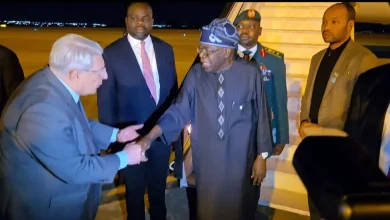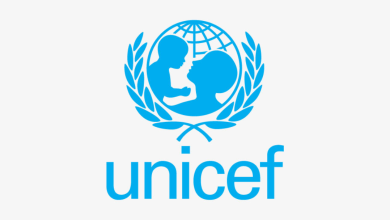CNG: Nigeria’s Next Big Fuel
New Framework Aims to Accelerate Autogas Market Growth and Attract $500M Investment

The Presidential Compressed Natural Gas Initiative (P-CNGI) says the Mobility-CNG Supply Framework will ensure affordable, uninterrupted, and adequate autogas supply to end-users in the country.
Mr Michael Oluwagbemi, Programme Director, P-CNGI, said this during the unveiling/implementation of the Mobility-CNG Supply Framework, on Tuesday in Abuja.
The framework is being implemented by the P-CNGI in collaboration with the Nigerian Midstream and Downstream Petroleum Regulatory Authority (NMDPRA), Nigerian National Petroleum Company Limited (NNPC Ltd.), and Gas Aggregation Company of Nigeria Ltd. (GACN).
The framework aims at developing a national gas supply strategy that ensures uninterrupted distribution options from diversified sources for adequate supply, to meet the increasing demand in the country.
The CNG pricing management has developed a transparent pricing framework that accurately reflects upstream natural gas costs and midstream distribution expenses while ensuring an affordable end-user alternative price.
It aims at promoting CNG supply incentives, encouraging market participation through incentives to increase conversion and support for standardised facilities, as well as technologies to allow supply stability nationwide.
Oluwagbemi recalled that in 2024, the NMDPRA approved the concessionary pricing structure for the auto gas CNG sector, an approved incentive and part of the presidential energy reforms, which allowed auto gas CNG to be priced much lower than gas for power and industries.
“What we are doing here today is to flag off the implementation of that framework, because in an economy where gas is being used for various purposes, it’s possible for someone to make demands of gas for auto CNG, since it’s priced lower, and then use it for power.
“So, there was a potential arbitrage opportunity.
“We needed to do it in an organised fashion, create the proper market for autogas CNG, where people can actually make demand, pay for it, get their gas, and then use it, sell it, into the auto CNG market,” he said.
He said that there were over 65 daughter stations as against 20 in the country, adding that two more new BOVAS filling stations were opened on Monday in Ibadan, Oyo, due to tremendous growth in the market since 2024.
“And we have 28 new stations coming up in the coming weeks. So there is a growing market.
“By incentivising the private sector, creating an enabling environment and providing the right incentives like the concessionary gas prices, and delivering to Nigerians, there will be a more secure and cleaner energy,” he said.
Also, Mr Chijiioke Uzoho, Managing Director, GACN, said the concessionary pricing framework would ensure regulatory alignment and commercial discipline in the sector, ensuring that every molecule of gas delivered under the framework was accounted for.
In a presentation, Mr Oche Agbese, Manager, Gas Trading and Network Code, GACN, said it had secured 20 million standard cubic feet daily (mscfd), in addition to the already operationalised 20mscfd, to meet increasing gas demand.
He said it had firmed up the structure around gas payment scrutiny for the framework, and concluded ongoing discussions with gas producers towards projected demand in the medium to long term.
On gas sourcing and supply chain infrastructure, he said it would work closely with the Nigerian Upstream Petroleum Regulatory Commission (NUPRC) to unlock gas from untapped gas assets.
He further said that a fleet of hhigh-capacityCNG CNG trailers would be deployed to transport gas from mother stations to daughter stations and retail outlets.
Omolara Obileye, the Business Development and Strategy Coordinator, P-CNGI, said the programme, which had attracted about 500 million dollars in investment, had trained over 2,500 conversion technicians.
According to Obileye, the CNG footprint is currently active in 21 states, while 10 states are set to join the P-CNGi footprint in a few months.
This, she said, has a consequential impact in reducing the cost of governance and enhancing revenue through domestic gas utilisation. (NAN)




